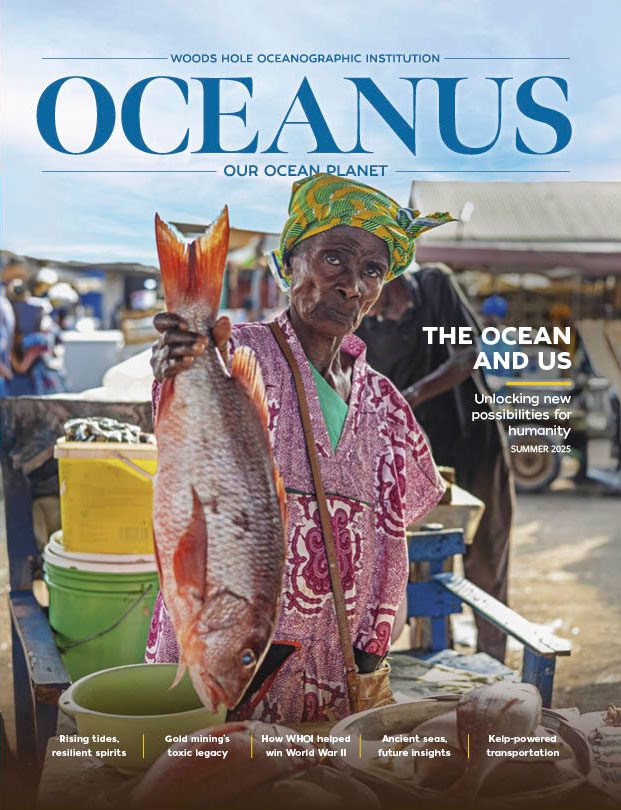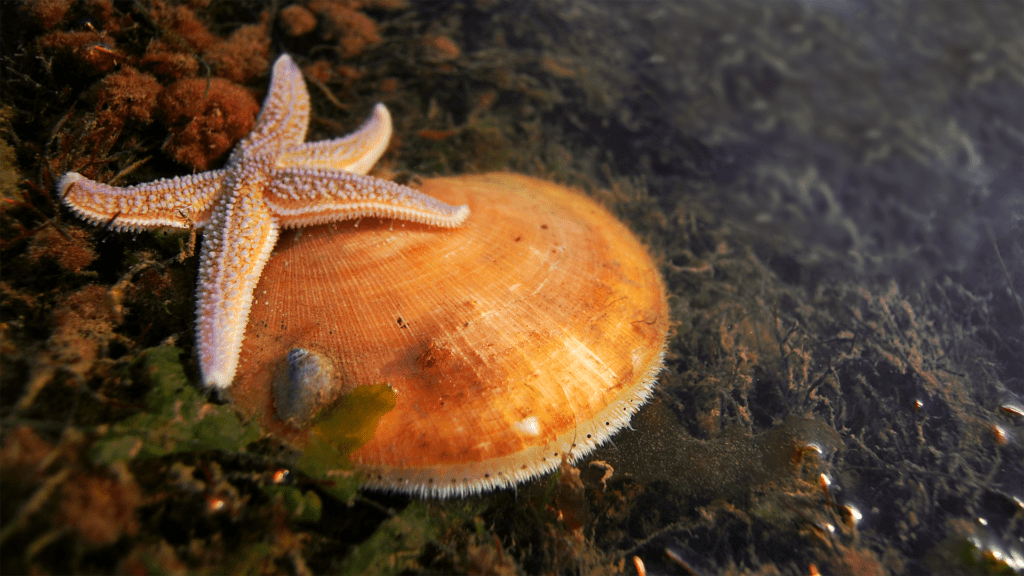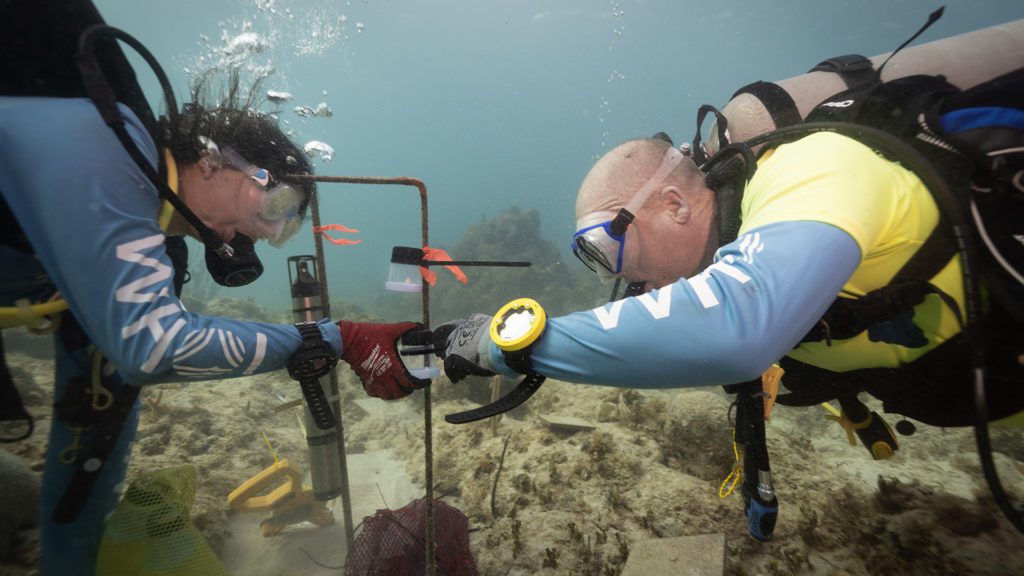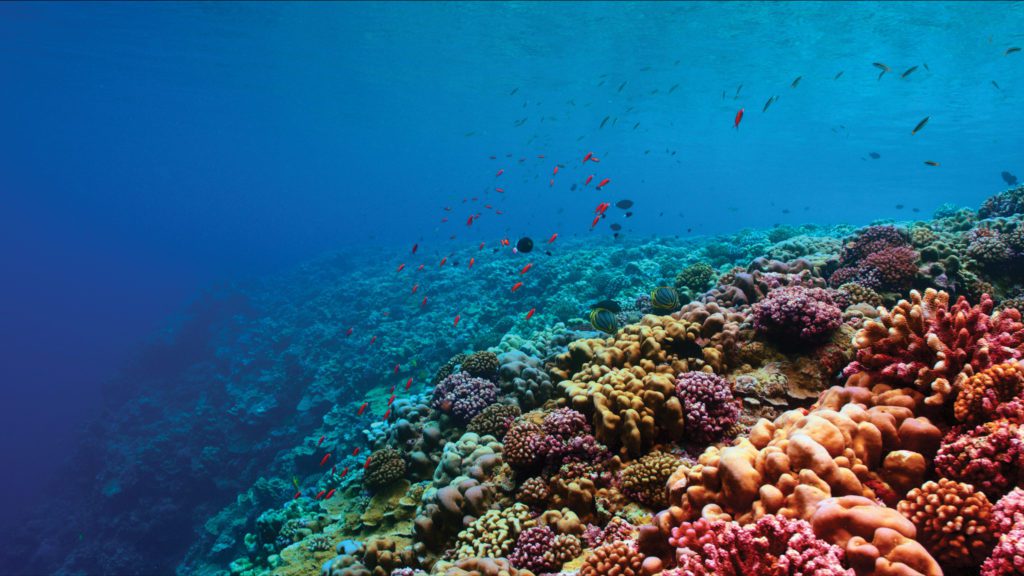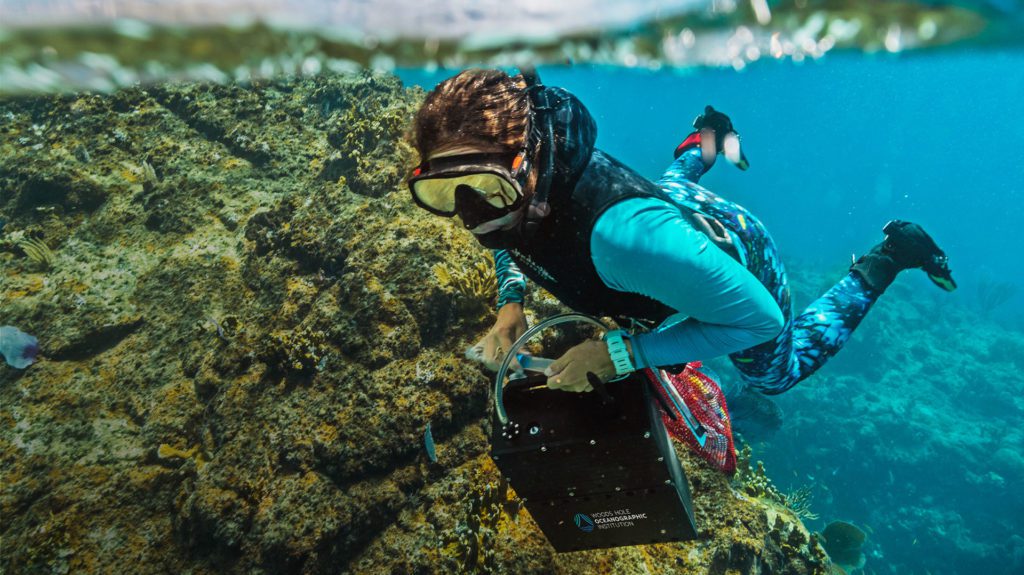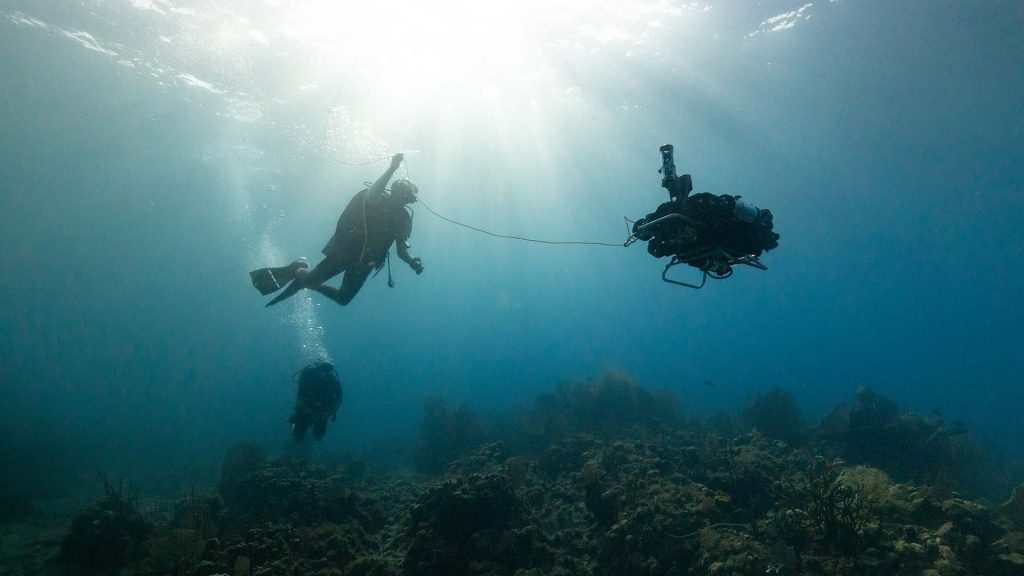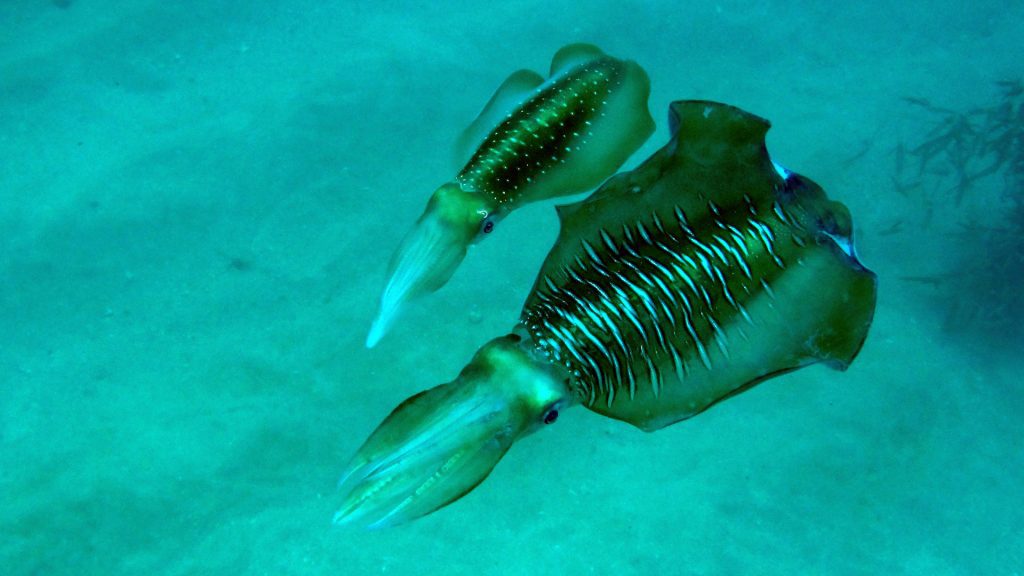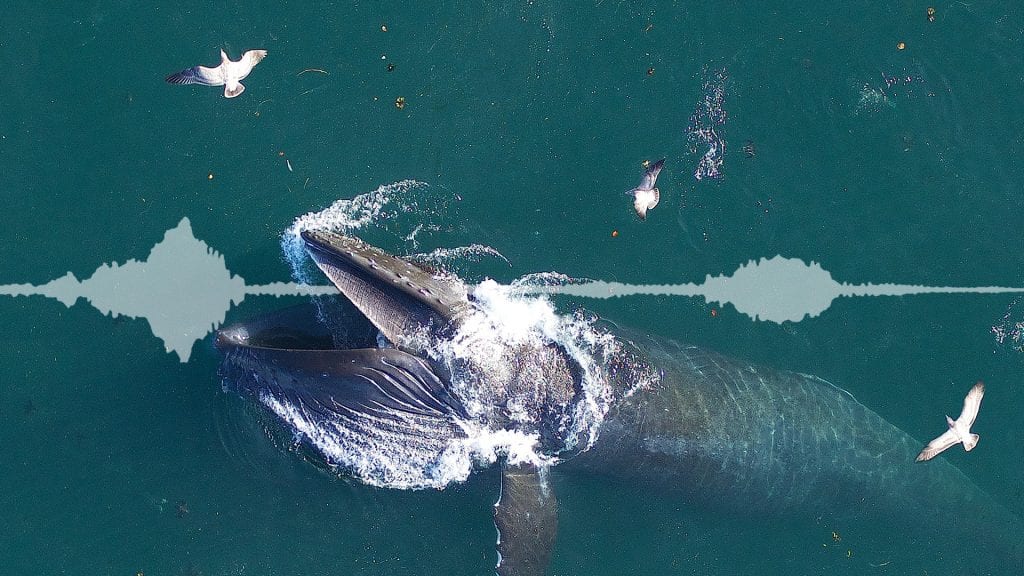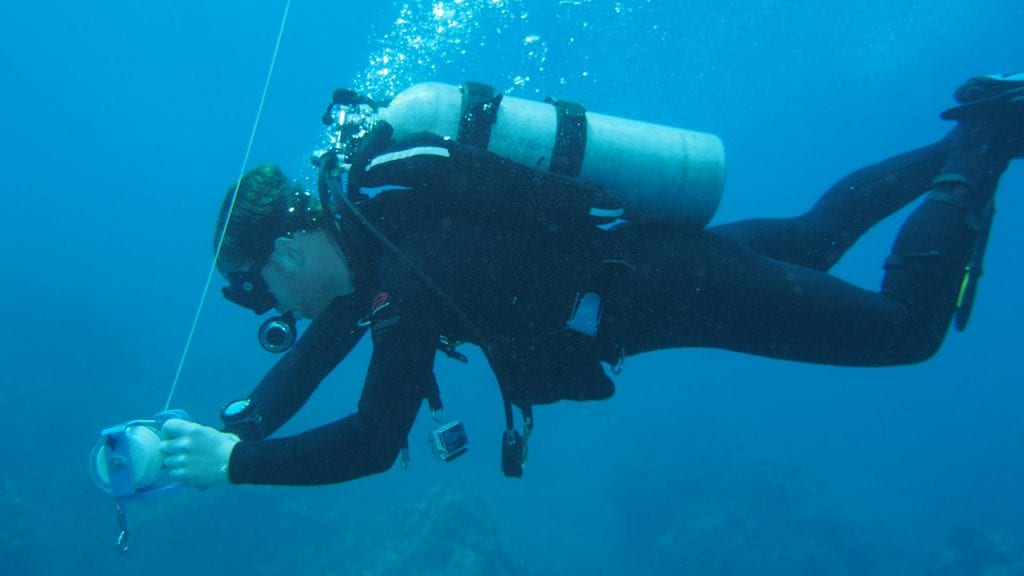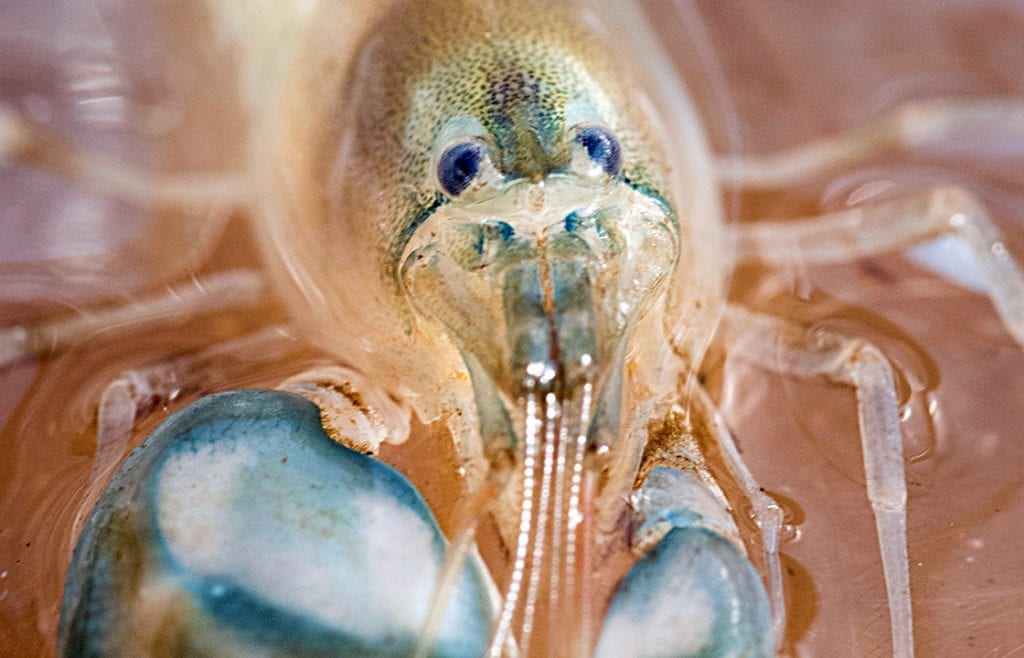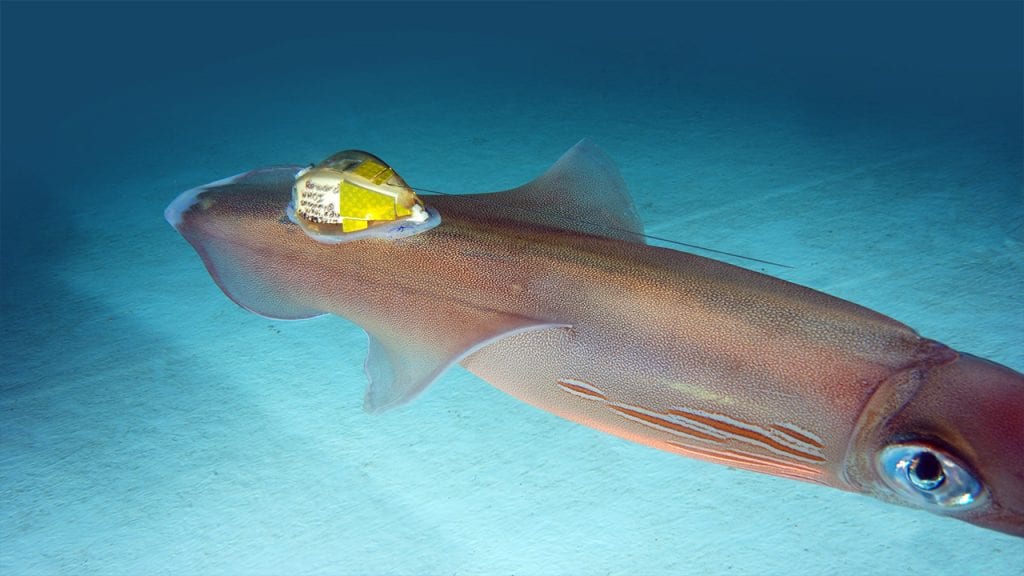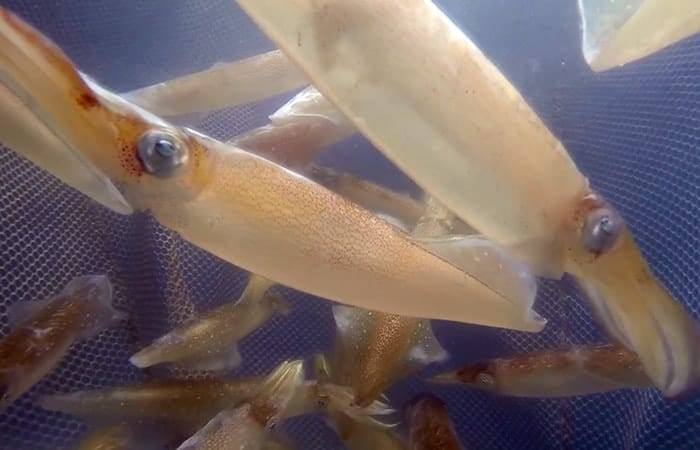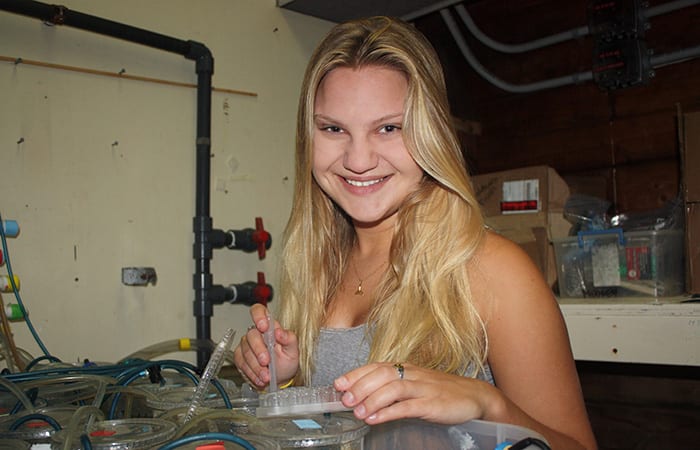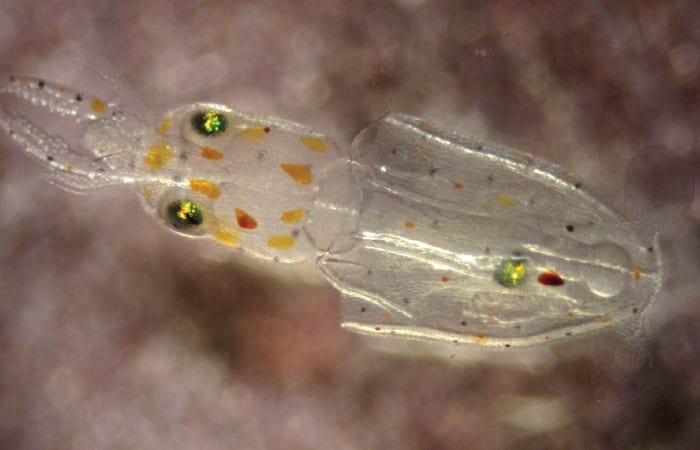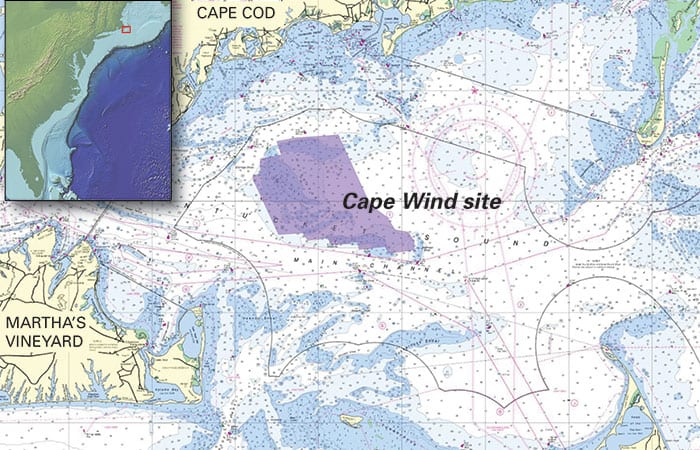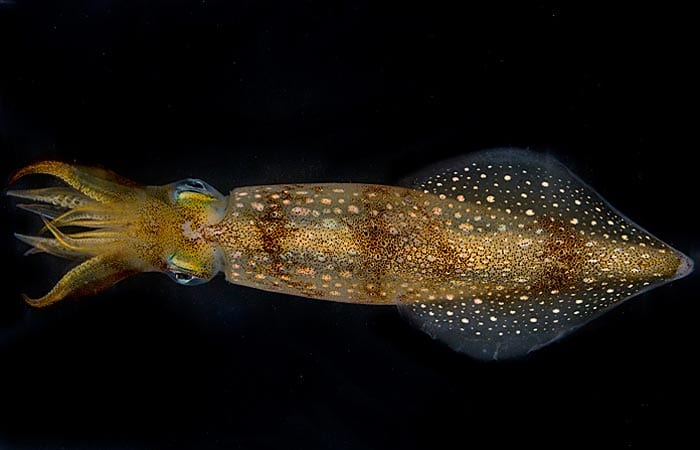Aran Mooney
Refine by
Date
Topic:
Article Type
Special Series
Author
Is underwater construction noise leaving scallops defenseless?
Sea scallops expend a lot of energy reacting to noisy pile drivers
Can Sound Help Save Coral Reefs?
WHOI scientists use sound to attract larval corals that could help rebuild reef ecosystems
4 Potential Solutions for Corals in Crisis
Racing against the clock, WHOI researchers and colleagues are developing innovative solutions to rebuild reefs and improve coral resiliency–before it’s too late.
Hope for Corals in Crisis
The emerging science and technology that could give coral reefs a fighting chance
A curious robot is poised to rapidly expand reef research
WHOI scientists with the Coral Catalyst Team are leveraging a new, artificially intelligent robot to automate coral reef health assessments
Speaking in colors
How squid use a dazzling array of colors and body patterns to make friends, fend off enemies, and survive life below the surface.
Five books WHOI researchers are reading right now
Ocean scientists don’t just read peer-reviewed papers to stay inspired. Some require less-obvious forms of reading to keep their minds sharp
Scientists Reveal Secrets of Whales
Researchers have known for decades that whales create elaborate songs. But a new study has revealed a component of whale songs that has long been overlooked—sort of a booming baseline to go along with the…
How Do Larvae Find a Place to Settle Down?
It’s still a mystery: How do the tiny larvae of marine animals that hatch in the open ocean find their way to coral reefs where they settle as adults? One theory is that they home…
Eavesdropping on Shrimp’s Snap Chat
At Woods Hole Oceanographic Institution, marine ecologist Ashlee Lillis is studying a tiny animal that makes one of the ocean’s loudest natural sounds. It’s called a snapping shrimp. The noise it makes dominates the underwater soundscape in many coastal regions and may have an outsized effect on other marine life.
Tagging a Squishy Squid
For more than a decade, researchers have been tagging large marine mammals such as dolphins and whales to reveal their behavior. But tagging small, soft animals such as jellyfish and squid has posed a big,…
Is Ocean Acidification Affecting Squid?
The rise in carbon dioxide in the ocean from fossil-fuel burning may have insidious impacts on marine life.
Swimming in Low-pH Seas
Researchers knew that squid raised in acidified water developed abnormal balance organs. To find out whether the young squid could still balance and swim normally, Summer Student Fellow Doriane Weiler mapped their movements.
Can Squid Abide Ocean’s Lower pH?
To most people, squid are calamari: delicious when fried. But to WHOI researchers Max Kaplan and Aran Mooney, squid are another reason to be concerned about ocean acidification.
What Is the Sound of 130 Wind Turbines Turning?
Federal officials examined a long list of potential impacts from the nation’s first offshore wind farm, slated to begin construction in Nantucket Sound in 2013: effects on ocean vistas, airplane and boat navigation, water and…
Scientists Find that Squid Can Detect Sounds
The ordinary squid, Loligo pealii, is well known as a kind of floating buffet. “Almost every type of marine organism feeds somehow off squid,” said biologist T. Aran Mooney, a postdoctoral scholar at Woods Hole…
